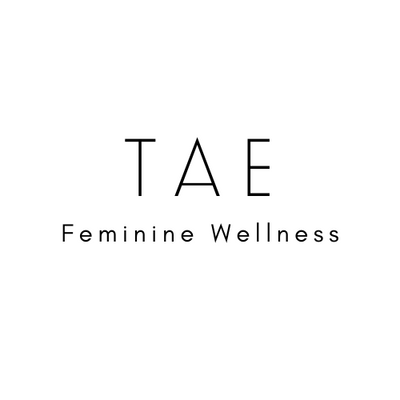We tend to think of pleasure as frivolous or extraneous to the neccessities of living.
Yet I am here to remind you that pleasure is a key aspect of living a healthy and happy life on a PHYSIOLOGICAL level.
I have identified four key tenets to how pleasure is deeply nourishing and life giving. Read on for the first in this series of informative, science backed sensual wellness digest.
(Next in the series "How pleasure affects neural wiring and conditions the mind and body for feeling good")
Pleasure and orgasm have profound effects on hormonal balance due to the complex interplay between the nervous system, endocrine system, and brain chemistry. Here’s how they contribute to hormonal regulation:
Pleasure activates the Parasympathetic Nervous System
Pleasure promotes relaxation and recovery which lowers cortisol (stress hormone), which is often chronically elevated in modern life and linked to hormone imbalances like estrogen dominance, low progesterone, and adrenal fatigue.
Pleasure increases Oxytocin (the Love & Bonding Hormone)
Oxytocin is released during touch, pleasure, orgasm, and connection. Oxytocin calms the nervous system, promotes emotional bonding, reduces cortisol and enhances estrogen in women, contributing to emotional well-being and reproductive health
Pleasure triggers Endorphins & Dopamine
Both those are feel-good neuro-chemicals that elevate mood and reduce pain and help to regulate the hypothalamus, the master control center for the endocrine system, supporting production of gonadotropin-releasing hormone (GnRH), which influences LH and FSH—key hormones for ovulation and fertility
Pleasure promotes Healthy Progesterone Levels
By reducing chronic stress and cortisol, pleasure helps the body shift back to making progesterone, which is often depleted in stress states. This process helps to regulate menstrual cycles, sleep, and mood
Pleasure helps to boost the natural balance of Estrogen and Testosterone
Orgasm and arousal can increase Estrogen in women which leads to skin health, libido, positive mood
Pleasure also boosts testosterone in both sexes which leads to heightened energy, drive, and sexual vitality
Pleasure improves Insulin Sensitivity
Pleasure and orgasm both reduce stress, which improves how the body uses glucose.
When pleasure is a part of our self care, we generally have better insulin regulation which supports balanced sex hormones, especially in conditions like PCOS.
Pleasure improves Sleep
Orgasms release prolactin and oxytocin, which promote restful sleep. Good sleep is essential for proper hormone production and detoxification (e.g., of excess estrogen via the liver).
🌀 In Summary:
Pleasure and orgasm are deeply regulating to the endocrine system because they:
• Calm the stress response
• Activate feel-good and bonding chemicals
• Support reproductive hormones
• Promote restorative functions like sleep and metabolism
Pleasure & orgasm bring the body out of “fight or flight” and into “rest, digest, and reproduce”—the state where hormonal balance thrives.
See pleasure is not frivolous, it is a necessary and nourishing aspect of self care.
Next week's installment in this newsletter series- "How pleasure affects neural wiring and conditions the mind and body for feeling good"
Love Aysha,
Founder of TAE Feminine Wellness
